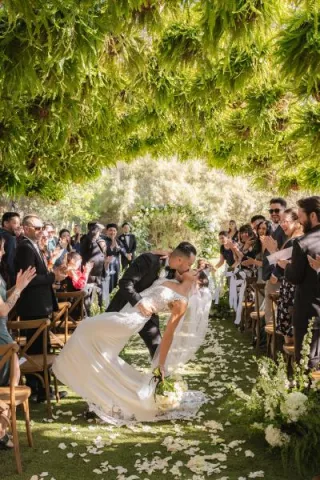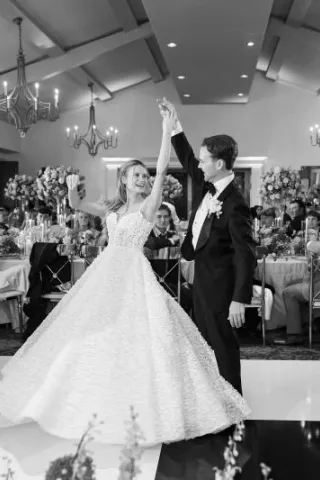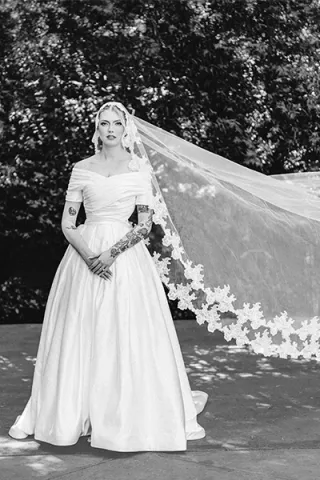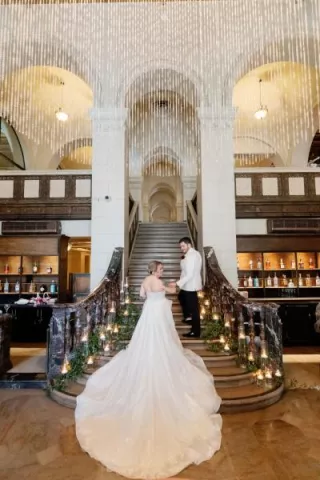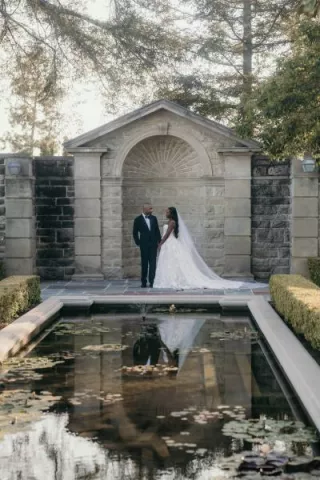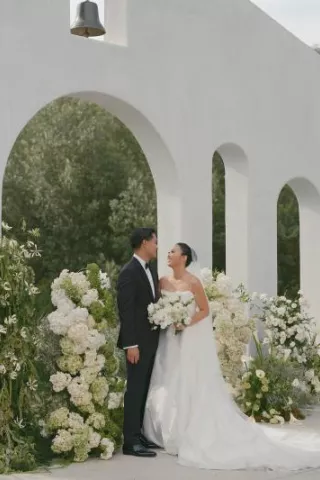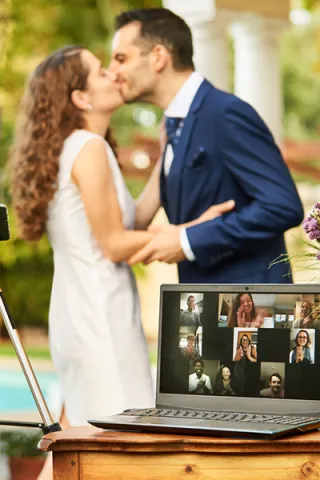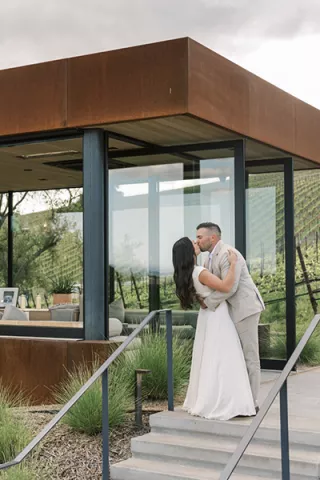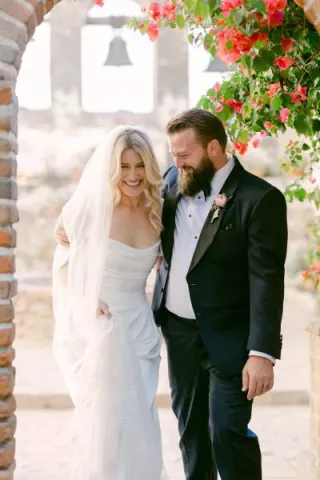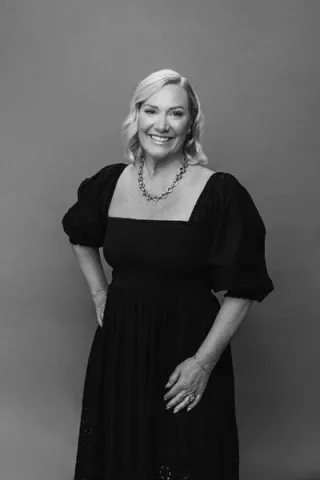This article is courtesy of Avvo NakedLaw blog
Understanding Wedding Officiants: Legalities You Need to Know
“By the power vested in me, I now pronounce you …”
Have you ever wondered what that phrase truly means? What is the power being referenced, and who exactly grants it?
These aren’t just ceremonial words—they carry legal weight. Only specific individuals are authorized to perform a wedding ceremony and legally bind a marriage. To complicate matters, the requirements vary across states and even counties. Here’s a guide to ensure your “I do” is legally recognized.
Who Can Officiate a Wedding?
Judges, Ministers, and More
For nonreligious ceremonies, various officials can serve as wedding officiants. These include justices of the peace, court clerks, and both active and retired judges. In some states, such as South Carolina and Maine, notaries public are also legally permitted to officiate weddings.
For religious ceremonies, clergy members like priests, ministers, or rabbis can officiate a marriage. However, they may need to register with the county where the wedding is taking place, especially if it’s outside their usual jurisdiction. In Native American communities, leaders such as shamans or medicine men may perform religious marriages.
Contrary to popular belief, boat captains are not automatically granted the authority to officiate a wedding simply because they hold the title of captain. They must be granted the necessary legal authority through other means.
How to Have a Friend Officiate Your Wedding
Ordination via the Internet
If you’d like a friend or relative to officiate your wedding but they aren’t a clergy member or public official, there are still options available.
Some states, like California and Massachusetts, allow any adult to officiate a wedding under specific circumstances. In California, for instance, an individual can be deputized for a day, while Massachusetts offers similar authorization through the governor’s office.
Most states also recognize officiants ordained online by religious groups. Many interfaith and nondenominational organizations, such as the Universal Life Church or American Fellowship Church, offer online ordination services, often with minimal paperwork. While some require a fee, others may offer ordination for free.
However, be aware that a few states do not recognize marriages officiated by ministers ordained online. Nonetheless, an officiant ordained in one state may still legally perform weddings in another state that recognizes online ordination.
Before your chosen officiant completes their online ordination, it’s crucial to check with the county clerk where the wedding will be held. Ensure that online certification is accepted in that jurisdiction. The Universal Life Church notes that some county clerks may deny marriage licenses without legal grounds. Also, verify whether the ordination has an expiration date to avoid any last-minute surprises.
Ensuring Your Marriage is Legal
If you’re planning your wedding, it’s essential to confirm that your ceremony will result in a legally binding marriage. Start by researching your state’s marriage laws online, then take the extra step of calling the county clerk where the wedding will take place. Verify that your officiant is authorized in that state and county.
During the ceremony, make sure it includes a declaration of intent. This is the moment when the officiant asks the couple, “Do you take so-and-so … ?” and each person responds with, “I do.” This declaration is legally required to formalize the marriage.
Finally, don’t forget to handle the marriage license properly. Determine how soon before the wedding you need to obtain it and how quickly after the ceremony it must be filed. Again, the county clerk can provide this information.
Special Note for California Couples
According to Section 400-402 of the California Family Code, any “authorized person of any religious denomination” may officiate a wedding. This includes individuals who have received online ordination from religious groups. Family law attorney Edna Straus of Mission Viejo, California, explains, “They just have to be recognized by the religious group as authorized.”
In addition to online-ordained officiants, active or retired judges, magistrates, justices, county clerks, and legislators or members of Congress are all allowed to officiate weddings in California.
Many county clerks in California can also deputize individuals for a day to perform civil weddings under the “deputy for a day” program. This allows any adult who applies and pays a small fee to officiate a civil wedding for one specific couple on a particular day. However, this authorization is limited to that one event.
Avvo makes legal easier by providing free answers from lawyers, client reviews, and detailed profiles for 97% of all licensed attorneys in the U.S., so you can find the lawyer who’s right for you. Avvo Advocates write about legal issues in everyday life on the Avvo NakedLaw blog.



